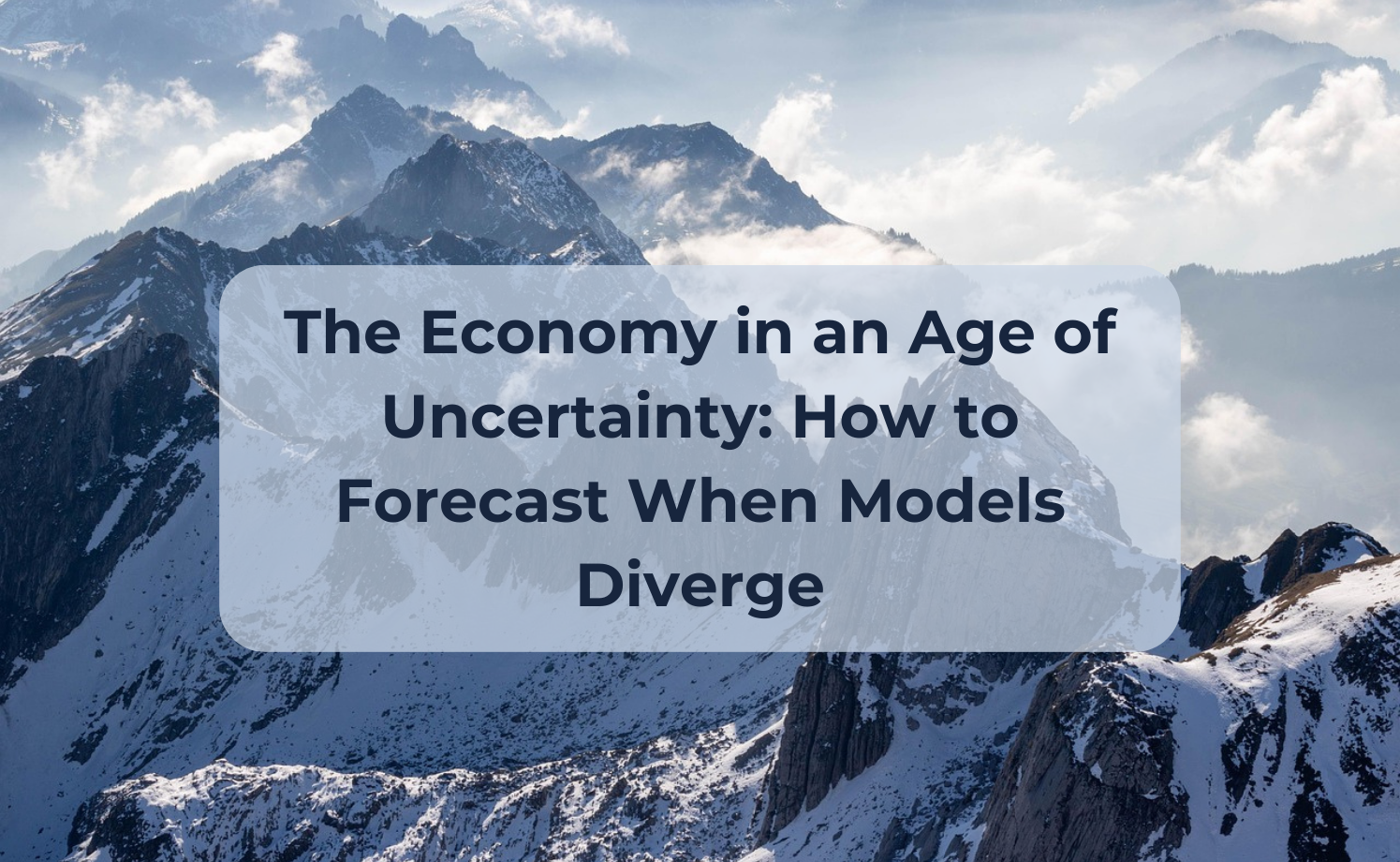Introduction: Timing or Time?
Can we truly outsmart financial cycles? Timing the market vs time in the market remains an evergreen debate. For decades, the promise of buying at the bottom and selling at the top has seduced investors, entrepreneurs, and homeowners alike. However, history keeps reminding us that markets rarely move exactly as expected. As a result, people who focus on staying invested, learning constantly, and controlling their behaviour usually fare better than those who chase the elusive “perfect” entry or exit point.
Key idea: Trying to predict every short-term swing is much more complex than building a disciplined, long-term plan.
Part I. Financial Strategy: Timing the Market vs Staying Invested
1.1 The Myth of Timing the Market Perfectly
Many beginners believe that a flawless trade—entering at the lowest tick and exiting at the highest—will guarantee wealth. For example, social media often celebrates traders who claim to have “caught the bottom.” Yet study after study tells a different story. According to J.P. Morgan Asset Management (2023), an investor who missed only the ten best days of the S&P 500 over the past twenty years earned less than half the return of one who stayed fully invested. Since those best days often cluster around the worst days, getting in and out at the right moment becomes a near-impossible challenge.
Luminor’s 2016 report confirms the point. It shows that most professional money managers who trade actively underperform the index they try to beat. Thus, even experts struggle to master timing the market.
1.1.1 Long-Term Market Trends vs Short-Term Trades
Sometimes, global capital flows can override even the most clever trade. As a result, concentrating on long-range forces may be a wiser approach. UBS (May 2025) forecasts that approximately €1.2 trillion could flow into European equities by 2030, with €300–400 billion expected to arrive annually in 2026 and 2027. Missing such a tide because you sat on the sidelines would be expensive.
1.2 Behavioural Biases Undermining Market Timing
Humans are not cold calculators. However, markets punish emotional errors. Swedbank (Feb 2025) lists overconfidence, loss aversion, and confirmation bias as significant hazards. Overconfident investors often over-trade, while loss-averse investors exit too early. Both groups hurt their returns.
1.2.1 Why Algorithms Still Struggle with Timing the Market
Algorithms buy and sell in milliseconds. Nevertheless, even those systems—controlled by well-funded hedge funds—beat the market only part of the time. The Financial Times (2022) reports that just 15–20 per cent of active funds outperform over long horizons. Consequently, the average person has little chance of consistently timing the market.
1.3 Time in the Market: Proven Approaches
Because perfect timing rarely happens, many investors embrace strategies that rely on time in the market:
- Buy-and-hold. You purchase quality assets and let compounding work.
- Dollar-cost averaging. You invest a fixed sum regularly. This smooths volatility.
- Diversification. You spread risk across sectors, regions, and asset classes.
Vanguard (2023) found that dollar-cost averaging reduced stress and delivered more stable outcomes. For instance, investors who contributed monthly avoided the temptation to jump in and out after scary headlines.
These approaches rely not on prediction but on participation. Since the future is inherently uncertain, committing to the market—rather than trying to dance in and out of it—is often the sounder strategy. Data continues to support the idea that long-term exposure to the market brings better results than erratic attempts to guess its next move.
Part II. Career Moves and Timing the Market of Labour
2.1 Is There a Perfect Time to Switch Jobs?
Career decisions often mimic investment decisions. People wait for booming economies or rising wages before resigning. However, LinkedIn Economic Graph (2024) shows that 65 per cent of successful moves happen during ordinary periods, not peak booms. Since personal growth matters more than macro timing, focusing on skills is more effective than waiting for headlines.
2.1.1 Upskilling Beats Guessing Cycles
McKinsey (2022) found that employees who left their jobs voluntarily during the pandemic reported improved pay and work conditions in 78 per cent of cases. For example, professionals who learned data analytics secured raises of 20–35 per cent (Coursera, 2023). Once again, we see the contrast between timing the market versus being in the market: investing years in valuable skills usually outperforms guessing short-lived trends.
2.2 Entrepreneurial Timing: Launching in Uncertain Times
Founders obsess about “the right window.” Yet, Harvard Business Review (2021) notes that 42 per cent of top startups began during downturns. Airbnb and Uber launched amid the 2008 crash. Because those founders solved real problems and persisted, time in the market rewarded them.
2.2.1 Opportunity Often Hides in Chaos
What appears to be bad timing to one person is often the very opening another seizes. Economic uncertainty weeds out weak ideas and raises the bar for innovation. As a result, those who invest time in solving meaningful problems rather than waiting for ideal conditions often emerge stronger in the long run.
Part III. Real Estate Investing: Waiting vs Acting
3.1 Can You Buy at the Absolute Bottom?
Property prices swing slowly. However, most buyers cannot identify the trough until prices have already begun to rise. Nationwide Building Society (2024) indicates that UK prices began recovering by 2012, following the 2008 crash. Many buyers missed that rebound while waiting for deeper discounts.
3.1.1 Short-Term Noise vs Long-Term Need
Interfax data (June 2025) illustrates daily volatility: the Stoxx Europe 600 slipped 0.33 per cent, whereas the FTSE 100 hit a record high the same week. Consequently, relying on weekly price moves is risky. Zillow (2023) reports that life events—such as marriage, having children, or a job relocation—drive most purchases. Personal readiness usually trumps perfect timing.
3.2 Real Estate as a Long Game
Homes are multi-decade assets. Mortgage terms alone often stretch thirty years. Because of that time horizon, small purchase-price differences fade. For example, a 3 per cent price gap equals one extra monthly payment over three decades. It rarely decides long-term affordability.
Real estate timing rarely outperforms disciplined saving, financial preparedness, and long-term thinking. In the housing market, too, time in the market often proves more rewarding than perfect timing.
Part IV. Psychology of Investing and Market Timing Traps
4.1 The Illusion of Predictability
We crave order, so we invent forecasts. We’ve covered economic forecasts in more detail here: Crisis Economic Forecasts: How to Identify Reliable Predictions. Yet, black-swan events continue to embarrass experts. Nassim Nicholas Taleb argues that rare shocks shape history more than routine quarters. As a result, rigid timing models break when surprises hit.
4.2 Adaptability Beats Prediction
Gary Hamel writes that adaptable firms thrive in times of chaos. Similarly, adaptable investors survive downturns by rebalancing their portfolios, cutting costs, and remaining calm. They recognise that timing the market vs time in the market is not an either-or debate; instead, it highlights the value of patience and flexibility.
4.3 Defining Your Perfect Moment
Instead of chasing external signals, create internal criteria. For instance, ask: “Am I financially prepared?” “Do I have a clear goal?” “Am I willing to hold through rough patches?” If you can answer yes, your timing is probably good enough.
This mindset reduces stress, improves consistency, and anchors decisions in reason rather than market hype. It’s not about predicting the perfect wave, but being ready to ride the waves that come.
Our expert guidance in business forecasting will help you identify and mitigate threats and transform external challenges into strategic opportunities. [Contact Us]
Conclusion: The Clear Verdict
So, can you beat the clock? In short, very few can. Statistical evidence—from Luminor, Swedbank, UBS, and many others—shows that disciplined, diversified, and patient strategies usually outperform frantic attempts at market timing. While short-term trades may work occasionally, relying on them repeatedly can lead to disappointment.
Therefore, embrace the power of time in the market. Build skills, diversify, and stay invested. That approach, tested through crises and recoveries, will serve you far better than searching for a mythical perfect moment.
The lesson is clear: the time to act is not when conditions are perfect, but when you are prepared.





